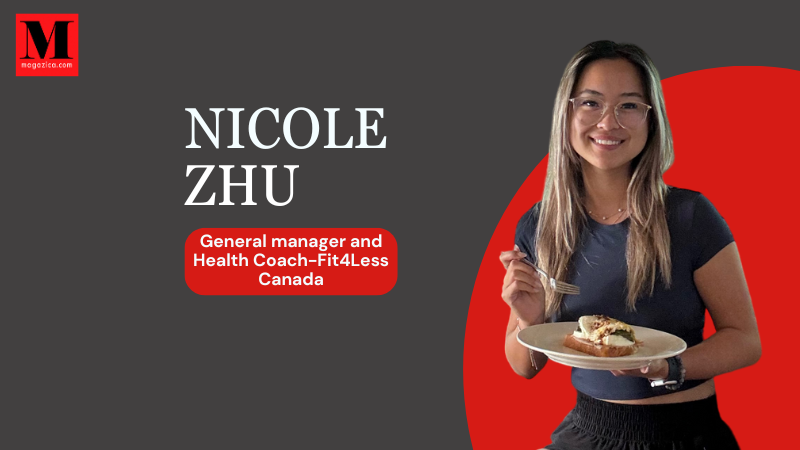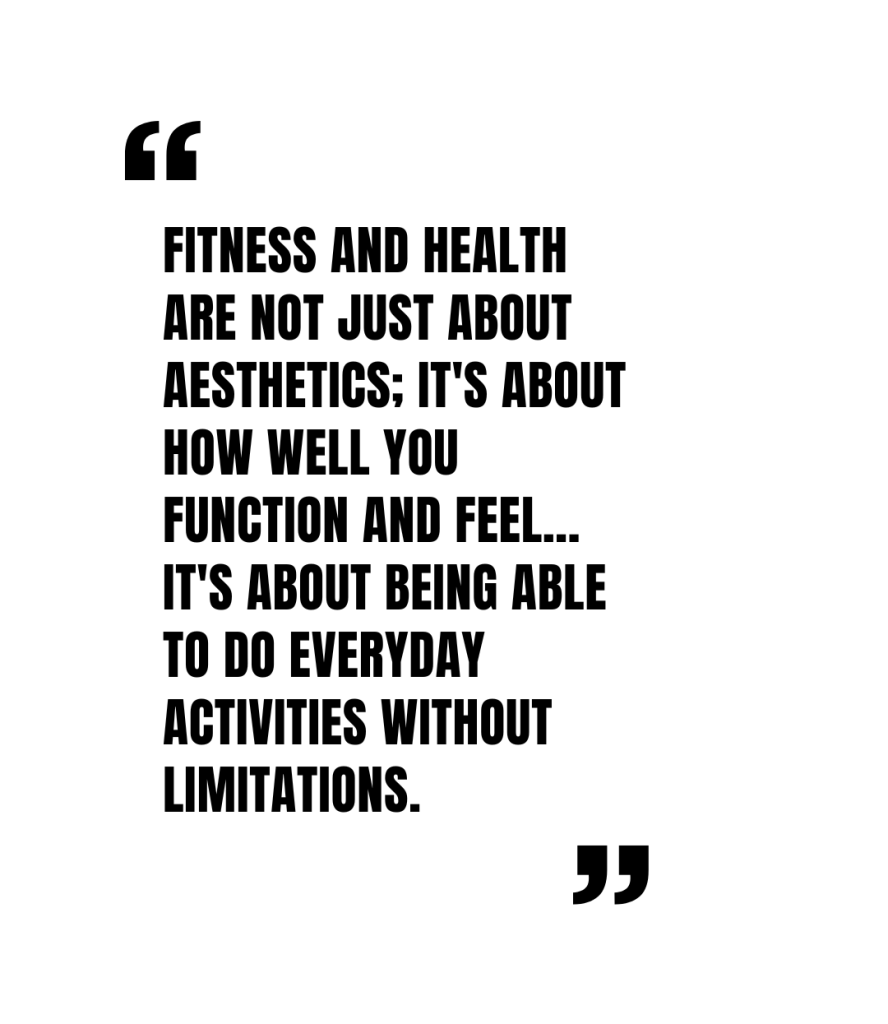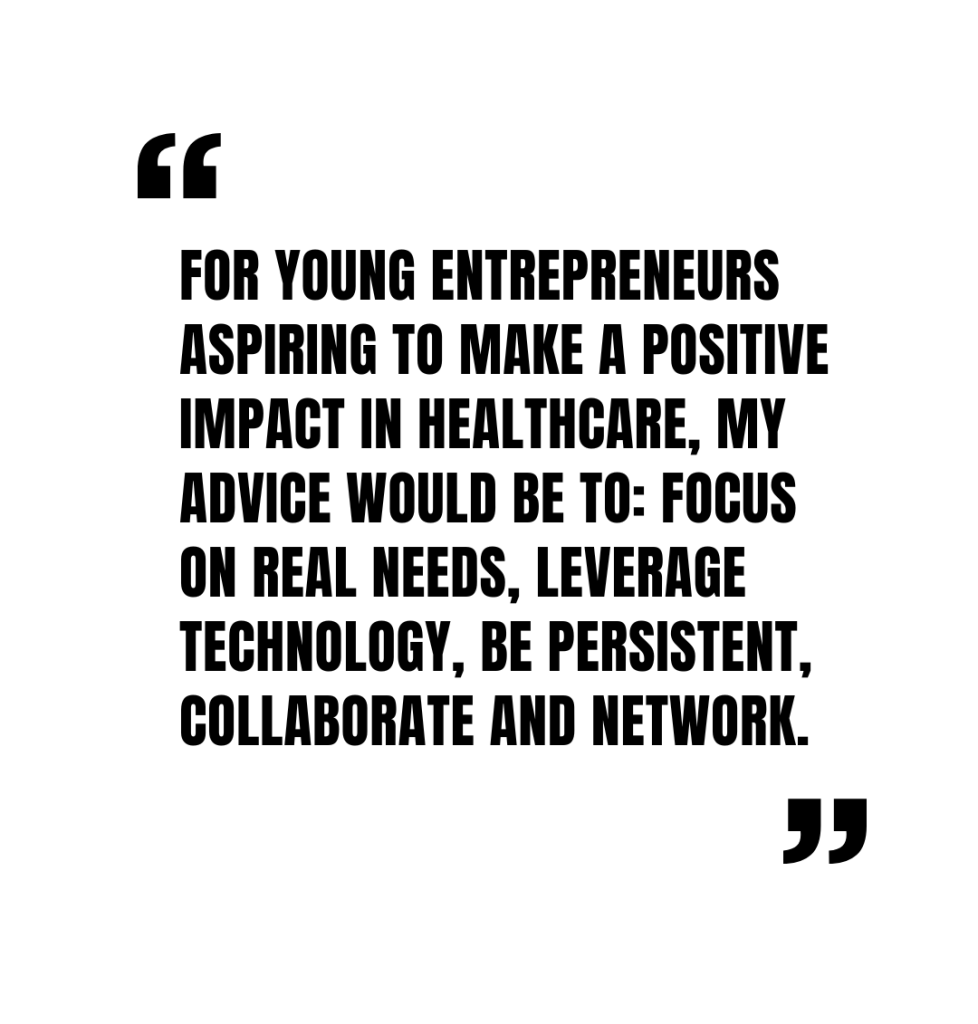Nicole Zhu’s Insights on Unlocking the True Meaning of Fitness: Integrating Health, Consistency, and Motivation into a Busy Lifestyle
- Home
- Nicole Zhu’s Insights on Unlocking the True Meaning of Fitness: Integrating Health, Consistency, and Motivation into a Busy Lifestyle

Nicole Zhu’s Insights on Unlocking the True Meaning of Fitness: Integrating Health, Consistency, and Motivation into a Busy Lifestyle
Magazica: Would you share your journey and what inspired you to pursue a career in kinesiology and health science? For our readers, could you also decode the term kinesiology?
Nicole Zhu: Of course. Kinesiology is the study of the body, focusing on human anatomy, fitness, exercise, and overall health. It’s a great starting point for those interested in fitness or a fitness career. Many use it as a stepping stone to enter the medical field, becoming doctors, dentists, physiotherapists, or chiropractors. It’s an all-around excellent foundation.
Magazica: So, kinesiology is essentially the science of human anatomy and movement?
Nicole Zhu: Yes, it studies how the body moves and how muscles and organs work together. Understanding this can help you recognize when something is wrong in your body and how fitness benefits you as you age.
Magazica: Fantastic. How has your experience as a baseball development coach at Jay’s Care Foundation influenced your approach to health and fitness?
Nicole Zhu: The COVID-19 pandemic had a significant impact on everyone, but especially on youth. Many couldn’t attend school, play outside, or engage in physical activities. In a city like Toronto, where many live in apartments, this lack of activity was even more pronounced. Simple activities like playing in a jungle gym are crucial for developing motor and social skills. Studies showed that youth were not only behind academically but also physically. Some couldn’t even climb stairs properly at the age they should have been able to.
Jay’s Care Foundation focused on reintroducing physical activity to youth, particularly through baseball and other sports. This helped them redevelop essential skills and improve their social abilities. We work with at-risk families in Toronto, who often don’t have access to sports or physical education. Our goal is to provide these opportunities and support their overall development.
Magazica: No wonder, while listening to you, it dawned on me that this is why it’s called motor skill. It’s a skill.
Nicole Zhu: Yes.

Magazica: So fascinating! Hearing it from someone with live experience makes it so vivid. In your opinion, what are the most significant health benefits of participating in team sports, and how can individuals get involved?
Nicole Zhu: Many people understand that physical movement can greatly benefit the body, especially when starting young. It sets you up for a lifetime of physical activity. Even simple activities like walking can significantly improve your physical health. Additionally, it helps with brain health and mental well-being. Getting outside and moving can clear your head and improve your energy levels and happiness.
In terms of social benefits, team sports involve working with diverse people. In a city like Toronto, you learn to communicate and collaborate with people from various backgrounds. This experience is invaluable and translates to other areas of life, such as workplaces and future endeavors. Understanding how to work with others comes from sports and physical activity.
Magazica: I can relate. For my son, team sports positively impact him. Toronto is a cultural melting pot, and my son interacts with kids from different backgrounds. They mix so well. Fascinating!
One thing that stood out is that many people underestimate the impact of movement on their lives. On that note, what are some common misconceptions about fitness and health that you would like to address?
Nicole Zhu: I think the biggest misconception, especially among younger people, is that fitness and health mean you have to look a certain way. When we think of someone fit or healthy, we often picture a stereotypical image. However, being fit and healthy doesn’t mean you have to look a certain way or weigh a certain amount. Many people who don’t fit the stereotypical image can function better than those who do. Fitness and health are not just about aesthetics; it’s about how well you function and feel.
Magazica: While you’re talking, I couldn’t help but think of all the cover pages of men’s health magazines. So, according to you, what is fitness?
Nicole Zhu: In my opinion, fitness is about being happy and able to function in your everyday life without pain or difficulties. It’s not about stamina, resilience, or adaptability. It’s about being able to do everyday activities without limitations. For example, my father had a heart attack earlier this year, and watching him go through recovery made me realize that fitness is about being able to do the simplest things, like walking up the stairs, without help. Being physically active every day helps in many basic ways. So, being fit or healthy means you can function every day without limitations.
Magazica: Without implications. Yeah, or without limitations.
Nicole Zhu: Limitations. Yes, exactly.
Magazica: Fantastic. I have never seen fitness in that way. Whenever I imagine the word fitness, it’s always about muscle, weight, and aesthetics. With the rise of social media, especially Instagram, this perception is reinforced. The way you explained it with your live experience is enlightening. My father had asthma, and I saw how it affected his ability to function. Your explanation of fitness resonates with me. We know that mind and body are very interconnected. How does physical activity play a role in maintaining mental health? Are there any simple exercises to incorporate into a daily routine?
Nicole Zhu: It depends on your physical capabilities and age. When you’re younger, it’s helpful to get involved in any physical activity, whether it’s school teams, playing with friends, or just being active in your backyard. It doesn’t always have to be a sports team, as some people find competition intimidating. Just doing anything active is beneficial.
As you get older, it can be more challenging to stay active. For my retired parents, going for walks in the community has been great. Finding something you enjoy, like Tai Chi, can also be beneficial. Even simple activities like walking can make a difference if done consistently. You don’t need to get your heart rate up; just incorporate physical activity into your daily routine. For example, walk a few blocks instead of taking the streetcar or drive to the grocery store. Small changes can add up and improve your overall health.
Magazica: Recently, my doctor suggested that I have a completely sedentary lifestyle and should move around. I said I can’t do gym things and would be ashamed to go there. So, I decided to start by walking. My target is 6,000 steps every day.
Nicole Zhu: That’s more than enough. People often underestimate how much walking can do for you. Even something simple like walking during your lunch break can make a big difference, especially when the weather is nice.
Magazica: As you mentioned lunch, we understand that food is fuel. Nutrition is a key component of a healthy lifestyle. Can you provide some basic practical tips to maintain a balanced diet, especially for those with busy schedules like students, professionals, and working moms?
Nicole Zhu: Keeping it simple is crucial. Many people get overwhelmed by recipes and meal services. Even if you have cooking experience, busy schedules can make it challenging. Focus on getting your veggies, proteins, and a bit of every food group. Meal prep is also helpful. It’s not just for gym-goers; it’s about preparing your meals so you don’t have to worry about it for the rest of the week.
Everything should be in moderation. Don’t cut out sweets, desserts, or fried foods completely unless you have health restrictions. Keeping it simple and basic is key. Social media can be a great resource for learning about nutrition and finding simple recipes. There are many basic meals and tips available on platforms like TikTok, Instagram, and YouTube.

Magazica: It’s very interesting to hear from you. Yesterday, we interviewed a nutritionist who said to keep it basic and view it as an investment in your health, not a burden. She also mentioned storing food in glass containers instead of plastic for health reasons. Your suggestions align perfectly with hers: keep it simple, brief, and healthy. Now, you wear many hats. How do you balance your professional responsibilities, lead a team, and maintain your health and well-being? In HR, we call it work-life integration. How do you manage it?
Nicole Zhu: I want to be candid—it’s not easy. Many people make it seem like you can just figure it out, but it’s always changing. I’ve been balancing team practices, school, jobs, and more for most of my life. It’s never easy, and it’s always evolving. Don’t think your schedule will stay the same; it limits you. I don’t have it all figured out, but I have a routine that works for now.
Balancing things is about not making it a burden. Enjoying what you do and understanding it’s for your health and future helps. If you want to have kids, it’s also for them. You’re passing on your genetics and habits. Finding something you enjoy makes balancing things almost automatic. It’s about making time, not just finding it. If you keep looking for time, you’ll never find it. Keeping things simple and enjoyable is the key to integration and balance.
Magazica: I really like the sentence you just said: if you want to find time, you’ll never find it. But if you want to make time, you can make time. I focus on how I start and end the day because the rest of the day is always hijacked by work, school, and kids. The morning routine is the only one I can maintain.
Nicole Zhu: That’s a platform to build on. It’s always a good start when you have that point.
Magazica: I religiously try to maintain control because otherwise, I feel like I’m doing everything but achieving nothing. The things you love give you grounding. We’ve touched on social media and technology. The health and fitness industry is rapidly changing with fitness trackers and wearables. There are two camps: those who wear them and those who don’t. What are some innovative tools or apps you recommend for tracking and improving health?
Nicole Zhu: It’s difficult for me to speak on this specifically as I don’t have much experience with it. I have an Apple Watch, but I use it mainly for business purposes. For anyone starting out, I recommend going back to the basics. Find something simple that can track your heart rate and steps. I wouldn’t go as far as counting calories, as these aren’t always accurate. I’m not a big advocate for counting calories myself. Stick to the basics, and take everything with a grain of salt. Technology is developing, but it’s not always 100% accurate. Keep it simple and focus on the basics.
Magazica: As the general manager of Fit For Less, you see gym participants and everything. What are the most common health and fitness challenges you see? And what challenges do you face while leading your team?
Nicole Zhu: In terms of fitness challenges for members, keep in mind that we don’t have personal trainers at our gym. One common challenge is that members often don’t know where to start or how to use the equipment properly. This can lead to frustration and lack of progress. Another challenge is maintaining consistency. Many people start strong but struggle to keep up their routine over time.
As for leading the team, one challenge is ensuring everyone is on the same page and motivated. Each team member has different strengths and weaknesses, and it’s important to balance these to create a cohesive team. Another challenge is adapting to the ever-changing fitness industry and staying updated with the latest trends and technologies. It’s crucial to provide the best experience for our members while also supporting the team’s growth and development.
Nicole Zhu: Our gym focuses on self-motivated and self-taught fitness, so we don’t have personal trainers. The demographic of our members varies by community, and what I see can differ from what other managers see. The biggest challenge I’ve noticed is consistency. Some members may not look the part, but those who come in almost every day and stick to a routine benefit the most. Consistency is hard, especially for younger people or those with busy schedules. It’s about being consistent every day, whether it’s going to the gym or taking a walk. When you don’t, you start to see the difficulties it creates.
In terms of leading my team, it’s about having consistency, motivation, and the desire to help others or improve oneself. Working in the fitness industry requires showing up every day and doing your job, even if it’s not enjoyable at the moment. It’s about having self-respect and respect for others in the industry. Fitness is heavily impacted by your mindset and the people you surround yourself with.
Magazica: So, to lead a team or be part of one in the fitness industry, you need motivation to help others, show up every day, and have the self-respect to create a positive environment.
Nicole Zhu: Yes, how you view yourself plays a huge role in leading a team and being part of one. It helps you understand your role, others’ roles, and the expectations you set for yourself. This makes a big difference in any industry, whether it’s fitness or sports. It’s about how you see yourself and what you believe you’re capable of.
Magazica: The expectations you set for yourself are crucial. This applies to all leadership positions in any industry. It’s important to have clear boundaries of responsibility for yourself and your team members and communicate them effectively.
Magazica: Finally, what advice would you have for individuals who are new to fitness and may feel intimidated by starting a workout routine? For example, if I go to the gym now, I might feel intimidated by all the aesthetically fit people. What would you advise for those starting their fitness journey?
Nicole Zhu: The best advice is to just start and be a part of it. The fear you feel is usually only for the first little bit. The hardest step is always the first one, walking through the door. Once you do that, it becomes easier each time. Getting started is the most important part.
If possible, bring a friend or family member for moral support. Even a phone call or text message can provide motivation. Showing up is what matters, even if you leave early. It’s a learning curve, and it takes time to get comfortable. Even I, with years in the fitness industry, still feel intimidated sometimes. It’s about the expectations and mentality you set for yourself.
Magazica: Yes, and also the goals you set for yourself and knowing why you’re going to the gym.
Magazica: Thank you very much for the conversation. I learned a lot about fitness today. It’s always beneficial to talk with an expert like you.
Nicole Zhu: Of course.
- Share
Nicole Zhu
Nicole Zhu, a kinesiologist, health science expert, and baseball development coach, challenges conventional fitness perceptions. Instead of chasing aesthetics, Zhu emphasizes the importance of functionality and feeling good. Drawing from personal experiences, such as witnessing her father's recovery from a heart attack, she highlights the significance of simple daily activities. Zhu believes fitness is about "being able to function every day without limitations". She encourages finding joy in movement, integrating activity into daily routines, and starting small to build consistency.
